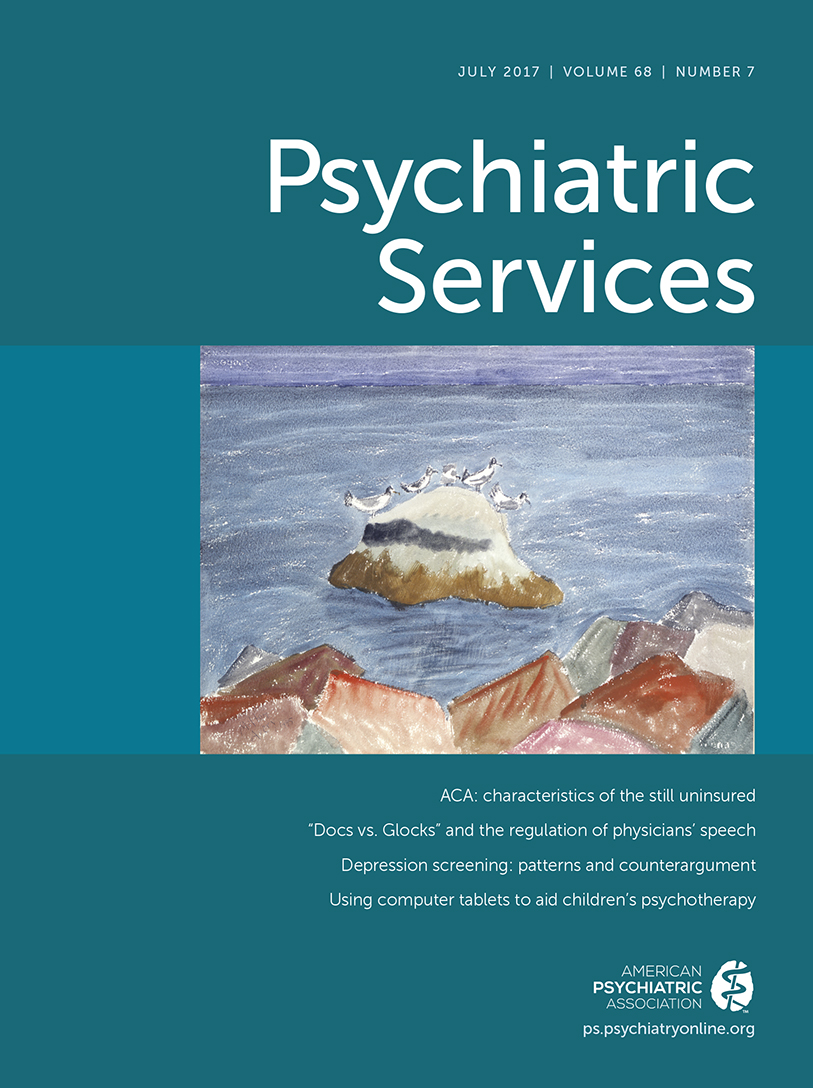An Observational Study of Service Dogs for Veterans With Posttraumatic Stress Disorder
Abstract
Objectives:
This study examined needs related to posttraumatic stress disorder (PTSD), assistance by service dogs, and feasibility of data collection among veterans receiving service dogs.
Methods:
Questionnaires assessed PTSD-related needs and services performed or expected to be performed by service dogs among 78 veterans who had or were on a wait list for a service dog (average age, 42; women, 31%). Analyses compared pre-post characteristics among 22 veterans who received a service dog as part of the study (91% follow-up; average follow-up=3.37±2.57 months).
Results:
Veterans reported that the most important services performed were licking or nudging veterans to help them “stay present,” preventing panic, and putting space between veterans and strangers. High follow-up rates and improvements in outcomes with moderate to large effect sizes among recipients of study-provided dogs suggest further study is warranted.
Conclusions:
Service dogs may be feasible supports for veterans with PTSD; randomized clinical trials are needed to assess effectiveness.



